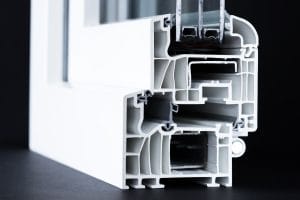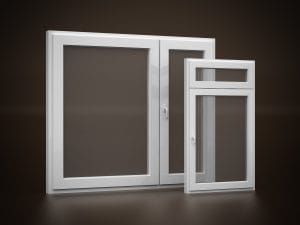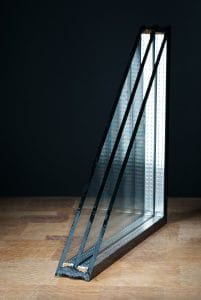Replacement Windows
Replacement Windows
A Premier Phoenix Home Window Supplier

Replacing windows on residential properties is a practical way to improve energy efficiency, aesthetic appeal, and interior comfort. Good windows provide better protection and are easier to clean. It is essential to determine when to replace the fixtures. Fortunately, window installation contractors can help check the windows to ensure they operate correctly.
Some signs that the frame seals and hardware need replacing include difficulty opening or closing, cracks, difficulty cleaning, moisture on the glass surface, and a draft close to the window.
Some benefits of replacement windows include noise reduction, improved energy efficiency, and more.
We supply windows in a wide variety of glass and frame types, including:
Annealed Glass
Annealed glass is heated beyond the transition point before being cooled to make it stronger. Thanks to its surface strength, the glass boasts superior thermal stress resistance and wind load performance, which is vital in most architectural applications. This window type suits high wind loads and thermal stress areas well.
Curved annealed glass is typically installed on storefronts and display counters, which do not require safety glass. However, building codes restrict this type of glass installation in locations with a significant risk of breakage and injury. Some restricted areas include fire exits, indoor panels, and bathrooms.
Tempered Glass
The surface strength of tempered glass is four times stronger than that of ordinary or annealed glass. Tempered variants do not shatter into jagged shards but rather into small, harmless pieces, making them ideal for use in glass shower enclosures, entrance doors, microwave ovens, and automobile windows.
Manufacturers determine whether the glass is high-quality by checking how it breaks. Any imperfections detected in the tempering process result in the glass being discarded. Imperfections have been shown to cause breakage. The glass is ideal for use on doors or fixtures within 24 inches of a door.
Aluminum Windows

Aluminum windows have been proven to improve heat loss and heat gain significantly. They are also known for providing superior energy efficiency benefits. Using these types of windows allows homeowners to reduce their carbon footprint. Energy savings also outweigh the energy input associated with the initial stages by more than 100 times.
The savings can reach up to 300 times for residential properties that need cooling in hot climates. The same applies to homes with electrical heating. Aluminum resists environmental factors that lead to weathering and thus provides low maintenance costs. This type of material does not swell, warp, crack, or split due to environmental conditions. Although aluminum can be painted and anodized, the material still works well in its finished condition.
PVC Windows
PVC windows provide the best energy efficiency and cost ratio benefits. Window frames help improve energy efficiency by enhancing thermal insulation. Consulting with a window supplier allows homeowners to choose the best window replacement. PVC is a better option when compared to materials like wood and aluminum. New building code requirements for energy efficiency are forcing the building industry, including manufacturers, retailers, and consumers, to use PVC windows.
Plastic Windows
Homeowners can choose the ideal plastic windows from three basic variants: PVC, polycarbonate, and acrylic. Polycarbonate is stronger than acrylic and glass, but it is also more expensive and transparent. Polyvinyl chloride (PVC) plastic provides better insulation against sound and heat. In addition, it is termite-proof and does not require painting.
Types of Glass

Buyers can improve their homes using various glasses, including low-E, energy-efficient, insulated, and dual-pane (argon-filled). Energy-efficient glass provides a surefire way to lower utility bills by up to 20 percent annually. Meanwhile, Low-E glass is a versatile option that offers superior thermal performance.
Manufacturers use Low-E coatings to reduce the amount of infrared and ultra-violet (UV) rays that can pass through the window. This approach does not undermine the window’s capacity to filter visible light.
Insulated glass is characterized by joining two glass panes to form a single unit. It is typically sealed at the edges to minimize air-to-air heat transfer. On the other hand, dual-pane (argon-filled) variants have a sealed unit that contains gas, which helps boost energy efficiency. Choosing thicker glass for the interior window pane can significantly reduce sound.
Visit Our Replacement Window Showroom
Call for an appointment to visit our Phoenix window showroom and discuss your options with a window professional. Discussing your options with an expert is the best way to ensure the fit, finish, performance, and budget constraints.
